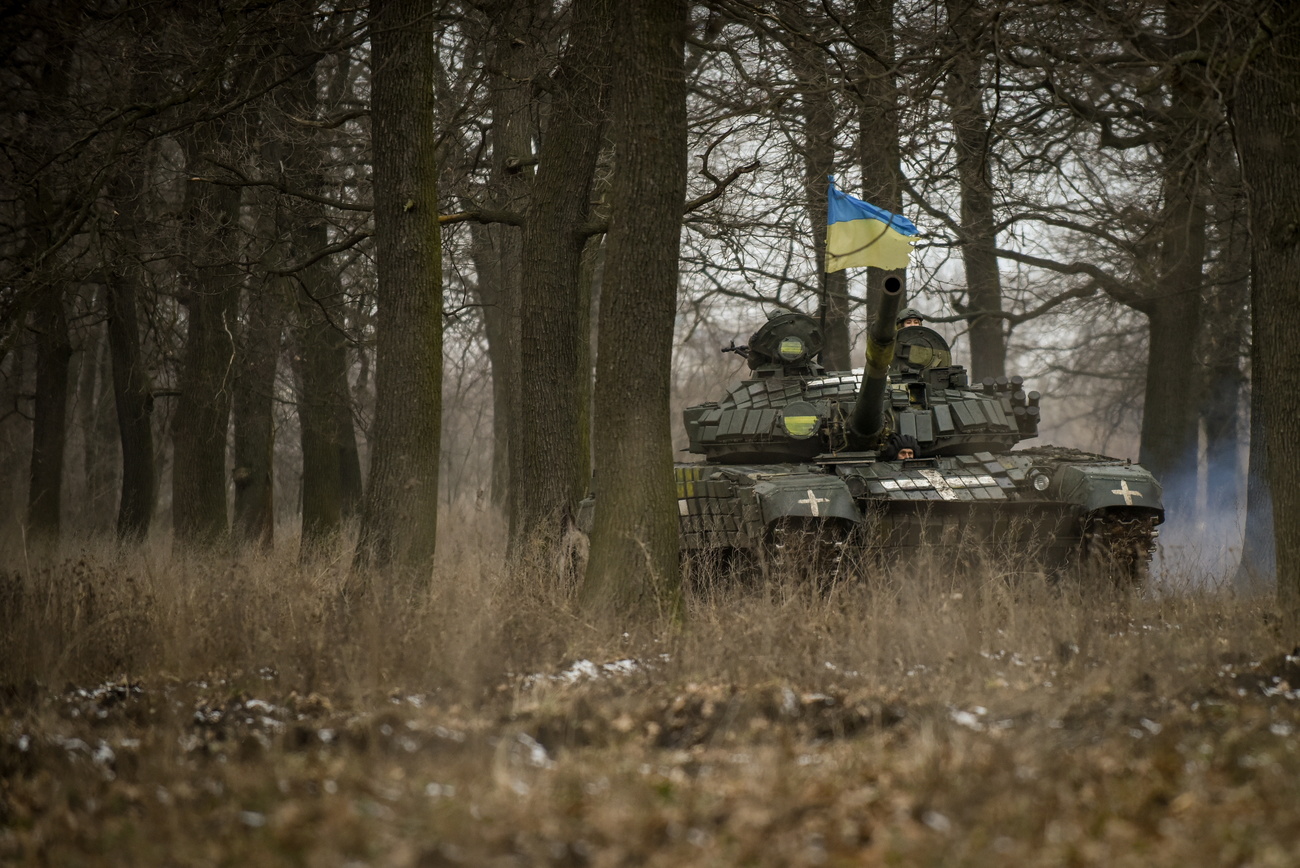
Swiss government refuses to confiscate Russian assets

The Swiss government says the confiscation of private Russian assets would undermine the Swiss constitution and the prevailing legal order.
Citing a report by a group of experts, the government said the expropriation of private assets of lawful origin without compensation was not permissible under Swiss law.
Switzerland froze financial assets worth CHF7.5 billion ($8.1 billion) under sanctions against Russians to punish Moscow for its invasion of Ukraine, the State Secretariat for Economic Affairs said in December.
“Support for Ukraine will continue, independent of the discussions on frozen assets,” the government said on Wednesday.
It had looked into what it could do with the assets following international discussions and parliamentary requests into whether the money could be used to fund reparations for Ukraine.
“The confiscation of frozen private assets is inconsistent with the Swiss constitution and the prevailing legal order and violates Switzerland’s international commitments,” the report said.
“Other countries have similar constitutional rights and guarantees.”
+ Switzerland mulls politically convenient definition of ‘neutrality’
EU sanctions
Switzerland’s banks had also been against the confiscation. “There is no legal basis for confiscation today,” the Swiss Bankers Association said last month.
Switzerland, which is not a member of the European Union, has already adopted further sanctions against Russia over the conflict in Ukraine, including the EU’s oil price cap.
Switzerland also adopted the EU’s latest package at the end of January, sanctioning 200 more individuals and announcing new restrictions such as banning exports for the aerospace industry to cover engines for aircraft and drones.
However, the Swiss government’s refusal to send ammunition for German Gepard tanks to Ukraine, or to allow the re-export of Swiss tanks from third countries to Ukraine has repeatedly prompted criticism.

More
‘Switzerland has the legal basis to use frozen Russian money for Ukraine’

In compliance with the JTI standards
More: SWI swissinfo.ch certified by the Journalism Trust Initiative





























You can find an overview of ongoing debates with our journalists here . Please join us!
If you want to start a conversation about a topic raised in this article or want to report factual errors, email us at english@swissinfo.ch.